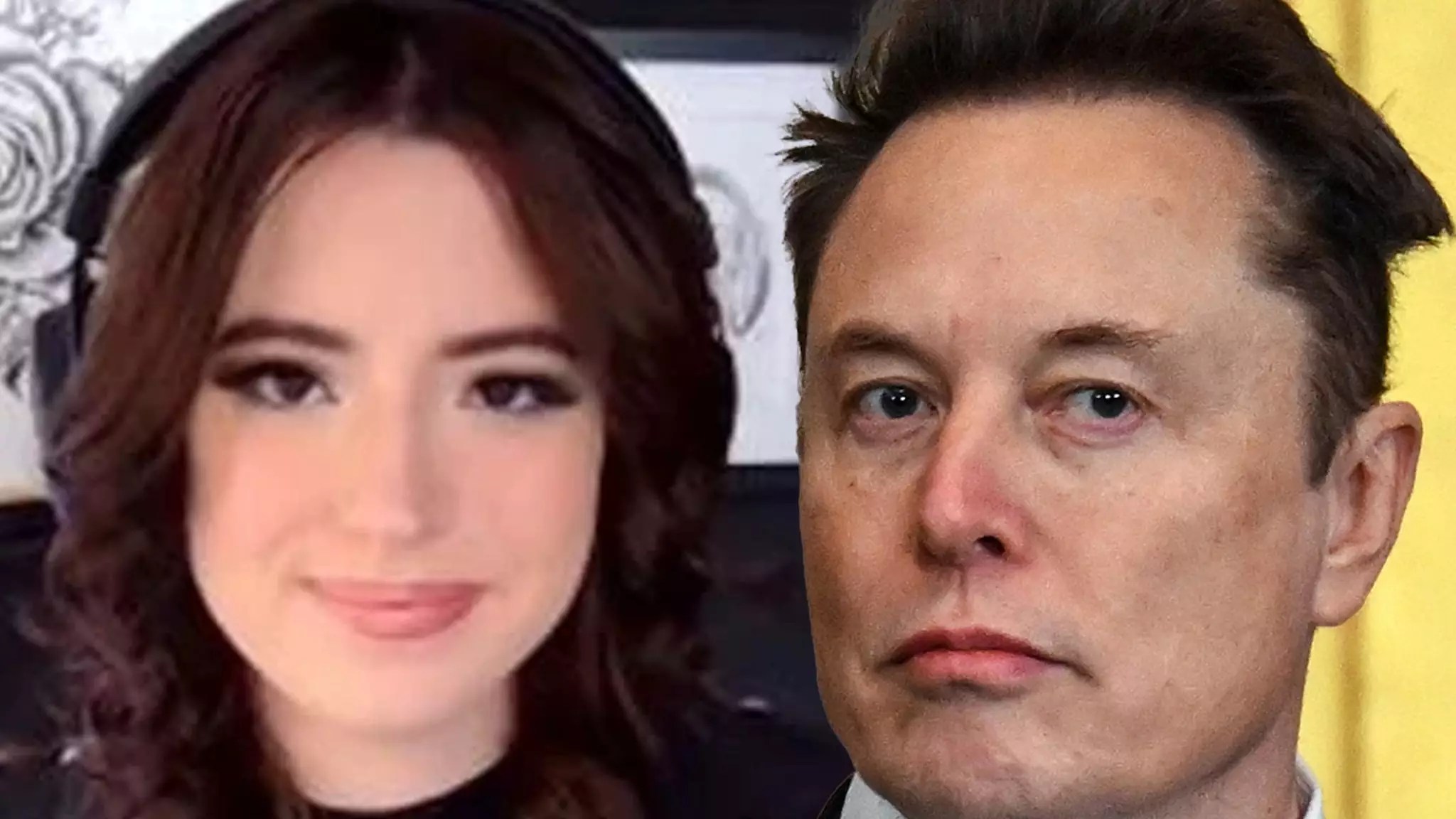The realm of celebrity births often engulfs the masses in shock and awe, and recent claims concerning Elon Musk’s family expansion have ignited discussions that delve beyond mere gossip. According to Ashley St. Clair, a Fox News commentator, she has recently given birth to Musk’s 13th child. This revelation has caused a stir, not just for the sheer number of children Musk would have, but also for the implications regarding privacy, parental responsibility, and the media’s relentless pursuit of sensational stories.
In her announcement on Musk’s social media platform X, Ashley St. Clair emphasized the need for privacy regarding their child, a sentiment that resonates amid a climate where celebrity children often become unwitting public figures. St. Clair expressed that the decision to keep the birth private stemmed from a desire to protect the child from a world where invasive reporting and tabloid stories dominate. This plea raises an important question about the balance between public interest and personal privacy in the lives of high-profile figures.
Musk, known for his dynamic presence on social media, has yet to address St. Clair’s claims. His silence is particularly striking given his prior vocalization about various societal issues, including declining birth rates. The contrasting nature of St. Clair’s announcement and Musk’s absence from the narrative creates a sense of ambiguity around the legitimacy of the claims and the responsibilities entwined with them.
The narrative surrounding Musk’s family is intricate, having established a pattern of fathering multiple children with different partners. Ashley’s revelation would bring the count to an astonishing 13, a fact that not only challenges societal norms about family structures but also highlights Musk’s views on population growth. Known for his advocacy on the importance of increasing birth rates, Musk’s approach to fatherhood remains a polarizing topic; it raises concerns about the long-term implications for children raised in such a multi-partner environment.
With six children from his first marriage to Justine Wilson, three with musical artist Grimes, and an additional three with Shivon Zilis, Musk’s parenting style and the dynamics within such a large family unit are ripe for scrutiny. It is essential to acknowledge that while the public is captivated by Musk’s achievements and his contributions to technology and space exploration, his personal life reflects complexities that demand a nuanced discussion.
As St. Clair boasts over a million followers on X, her declaration has attracted both intrigued supporters and skeptics, illustrating the double-edged sword of social media exposure. The rush of attention to her announcement sparks vital conversations about the ethics of media reporting. How should media outlets navigate the private lives of public figures, particularly when children are involved?
St. Clair’s appeal for her child’s privacy serves as a poignant reminder of the responsibilities that come with raising children in the public eye. With the media poised to exploit any and all narratives, the onus falls on journalists and the public alike to collectively respect boundaries that prioritize child welfare over sensationalism. The ongoing dialogue around privacy in the context of celebrity culture highlights the need for mindful engagement, paving the way for more respectful treatments of the lives entwined with fame.
Elon Musk’s potential 13th child is more than just another headline; it is a multifaceted story that threads together themes of privacy, parental responsibility, and societal norms. As Ashley St. Clair calls for respect and discretion, it becomes crucial to reflect on the implications of our fascination with public figures and their families. The narratives we choose to amplify can have lasting effects, particularly on the youngest and most vulnerable members of society. In this age of relentless media scrutiny, it is time for a shift towards an ethical approach to celebrity culture that prioritizes human dignity above all.







Leave a Reply